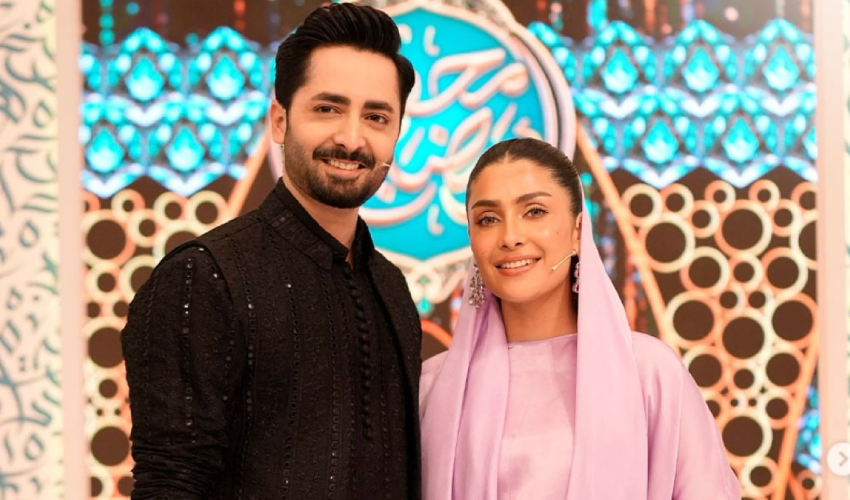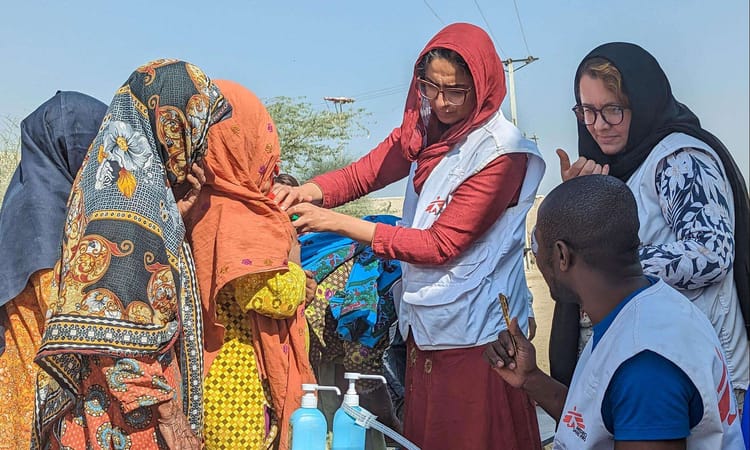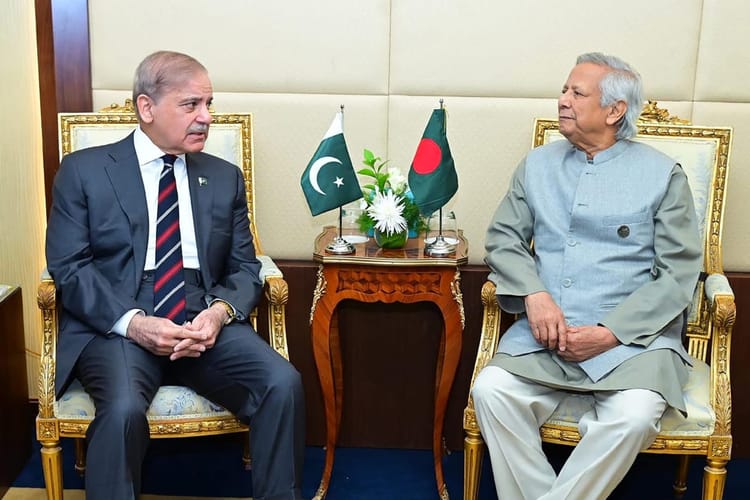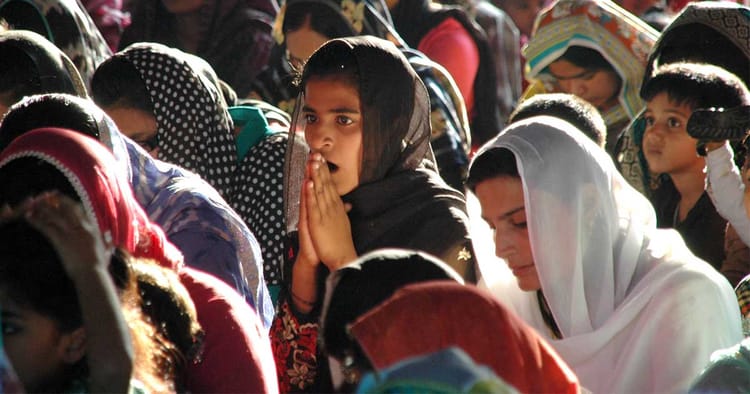Danish Taimoor's Controversy: A Catalyst for Women's Rights Debate

In a region steeped in cultural traditions and conservative values, the recent controversy surrounding Pakistani actor Danish Taimoor has once again ignited debate over women's rights in South Asia. Taimoor, a prominent figure in the entertainment industry, made headlines during a Ramadan transmission when he casually remarked on the religious allowance for Muslim men to marry up to four women. While he clarified that he had no intention of doing so, his phrasing and demeanor sparked widespread outrage. The backlash wasn’t simply because of what he said, but what it symbolized: the persistent cultural normalization of a patriarchal mindset that continues to overlook women’s dignity and autonomy.
Taimoor's comment, “Islam ne chaar shaadiyon ki ijazat di hai... abhi nahi kar raha, lekin yeh haq mujhse koi nahi cheen sakta” (Islam has allowed four marriages... I'm not doing it now, but no one can take that right from me), may have been delivered in jest, but it struck a nerve in a society where women's rights are still a battleground. Social media erupted with criticism, particularly highlighting how such statements, especially on national television during a sacred month, reinforce deeply ingrained gender biases.

While Taimoor later issued an apology, stating he never meant to disrespect his wife, actress Ayeza Khan, the controversy tapped into a much larger issue. Women in both Pakistan and India continue to face systemic denial of their rights—from inheritance and education to autonomy and respect.
In a significant development, Pakistan's Federal Shariat Court ruled earlier this year that denying women their rightful share in inheritance is not only un-Islamic but illegal. The ruling emphasized that such acts had no place in a society that claims to follow Islamic values. While this verdict was celebrated as a win for women's rights, it also served as a stark reminder of how deeply entrenched these violations are in the social fabric.
In many families across both India and Pakistan, women are routinely excluded from property distribution, often under the guise of tradition, familial pressure, or fear of "breaking the family." In rural areas, the situation is even worse, with legal rights either unknown or actively suppressed. The court's ruling aims to address these disparities, but the challenge lies in implementation and societal acceptance.
The Danish Taimoor controversy and the inheritance ruling intersect in revealing ways. Both highlight how deeply patriarchal structures are normalized in the region. Men often wield religious or cultural arguments to justify control over women, whether it's through marriage or economic dependence.
The entertainment industry, which holds immense power in shaping public perception, has often mirrored these biases. Female characters are frequently portrayed as sacrificial, submissive, or secondary to male leads. Public figures like Taimoor, whether they intend to or not, contribute to these narratives when they make careless comments without understanding their broader implications.
This isn’t just a Pakistani issue. Across the border, India grapples with similar challenges. Bollywood, too, has a long history of glorifying toxic masculinity and sidelining women's issues. Despite growing feminist movements and greater visibility of women's voices, regressive gender attitudes remain widespread.
The issue isn’t religion, but interpretation and implementation. Islam, at its core, advocates for justice and equality. The Quran is explicit in granting women rights to inheritance, autonomy, and respect. Yet, patriarchal interpretations have often overshadowed these principles. It's not uncommon for cultural traditions to be misrepresented as religious mandates, allowing discriminatory practices to persist.
Legal reforms, like Pakistan's inheritance ruling or India’s laws against dowry and child marriage, are necessary but insufficient on their own. Without cultural shifts and consistent enforcement, such laws remain symbolic. Education and awareness campaigns are vital to challenge the outdated norms that continue to dominate homes and communities.
Social media has become a powerful tool in this regard. The swift backlash against Taimoor shows that younger generations, especially women, are no longer silent. They are demanding accountability, not just from public figures but from the systems that enable misogyny.
Yet, change remains slow. Honor killings, domestic abuse, forced marriages, and economic exclusion are still rampant. The resistance comes not just from uneducated pockets of society but from elites who uphold patriarchal values under the guise of tradition.
It's high time Indo-Pak societies recognize that respecting women is not a Western import or a modern innovation—it's a basic human right and, in the context of these nations, a religious obligation as well. Public figures must lead with sensitivity and awareness. Governments must do more than pass laws—they must enforce them. Communities must teach their sons to view women as equals, not possessions or options.
As we move further into the 21st century, incidents like the Danish Taimoor controversy serve as both a wake-up call and a litmus test. Are we willing to confront the uncomfortable truths about gender inequality? Or will we continue to mask patriarchy with the veil of culture and religion?
The answer will determine not only the future of women's rights in South Asia but the moral compass of these nations as a whole.
Fatima Hassan is a freelance journalist and the co-founder & Multimedia Editor of Echoes Media, dedicated to crafting impactful stories that resonate with diverse audiences. A journalism graduate of Northwestern University, Fatima combines analytical rigor with creative storytelling to explore complex issues and amplify unheard voices.






Member discussion